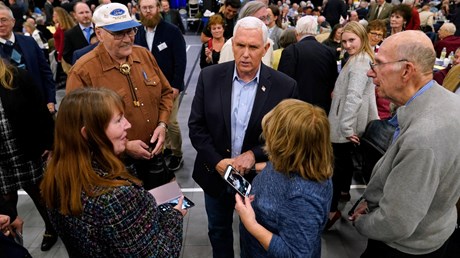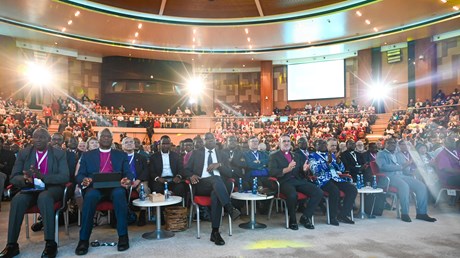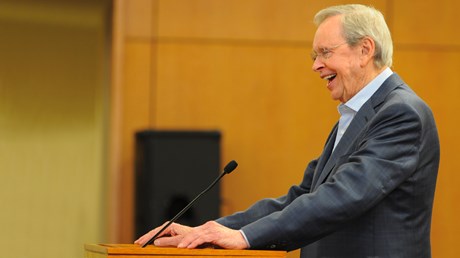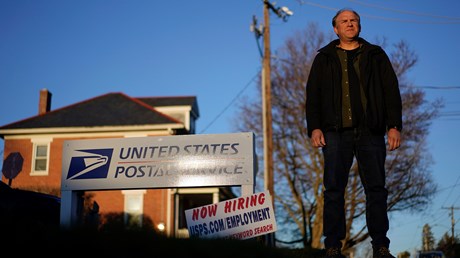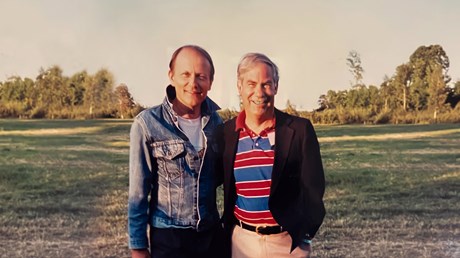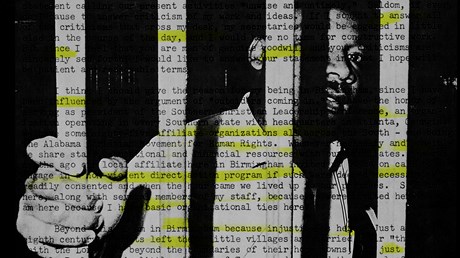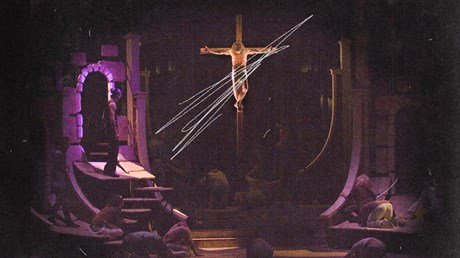Yet churches struggle to prepare those coming next.
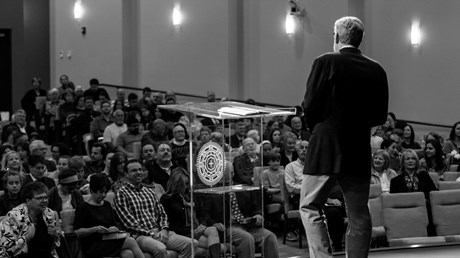
Olive Baptist Church in Pensacola, Florida, has gotten serious about raising up a new generation of pastors. Normally, the congregation produces one or two young people every couple of years who feel a call. Right now, however, 12 young men are preparing to enter pastoral ministry.
Ted Traylor, who has led the church for 33 years, meets with them weekly.
“You’ve got to get old and see that you’ve got to have someone else coming,” Traylor said with a laugh. “I really do laugh at that, but it was a reality in my life. I’m now 69 years old, and I take a greater responsibility for the coming generation.”
Research released this month from the Barna Group suggests more baby boomer pastors need to follow suit. America’s churches are struggling to find a new generation of pastors as the current generation prepares to step aside, according to the research.
The graying of America’s pastors isn’t a new phenomenon, but it has become more pronounced. In 2022, just 16 percent of Protestant senior pastors were 40 years old or younger. The average age of a pastor is 52. Thirty years ago, 33 percent of US pastors were under 40, and the median age was 44.
“As a generation of clergy ages and prepares to step down, it is not clear that churches are prepared for the transition,” Barna says. “If this trend goes unaddressed, the Church in the US will face a real succession crisis.”
Many pastors worry their successors won’t be ready by the time they retire. Seventy-five percent agree with the statement “It is becoming harder to find mature young Christians who want to become pastors.” That’s up from 69 percent in 2015. Just 19 percent disagree ...
from Christianity Today Magazine https://ift.tt/RdsmHal






